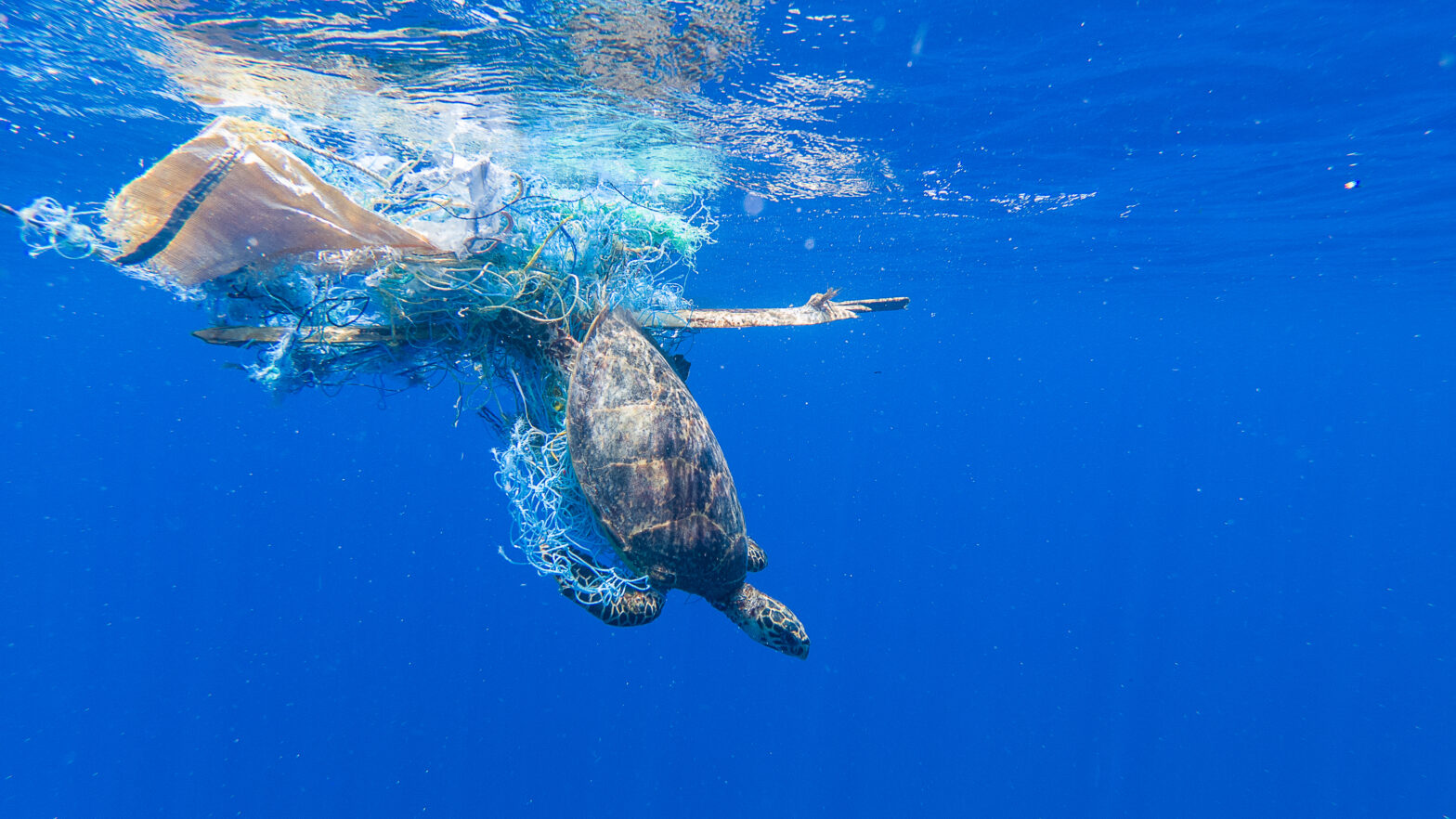With only half of the week spent on substantive discussion, treaty negotiations end with lackluster outcomes
The second meeting of the Intergovernmental Negotiating Committee (INC-2) for a global agreement to end plastic pollution concluded today at the UNESCO headquarters in Paris with civil society organizations appealing to governments not to allow the use of dilatory tactics and procedural questions to set back progress and lower the ambition of the potential treaty.
Break Free From Plastic members see how this process is getting hijacked by a seemingly innocuous debate around rules of procedure, and fear that this may be part of an early attempt by certain parties with strong vested interests in the oil and petrochemical industry to make the potential treaty as weak as possible so that fossil plastic production can continue unabated.
According to the mandate adopted at the fifth United Nations Environment Assembly (UNEA 5.2) in 2022, countries have until the end of next year (2024) to hammer out the terms of the legally binding agreement. While some progress was achieved in Paris, half of the INC-2 session was mired in meandering, seemingly endless debates around the Rules of Procedure.
Countries agreed to an interpretive statement on rule 38.1 (the adoption of decisions by a two-thirds majority as a last resort if every effort to reach consensus has been exhausted), but civil society groups predict that the «provisional» draft Rules of Procedure could come up again at INC-3. The outstanding issues include whether EU Member States will each have a vote or whether they will be treated as a single bloc during voting, and whether decisions should only be arrived at via consensus. To many observers, the latter seems to be a ploy to weaken strong measures that could be adopted to reduce plastic production.
Positive outcomes included some countries, such as Rwanda, Ecuador, Mexico, the European Union, and others, calling for global reduction targets on plastic production, calling for disclosure obligations akin to the Framework Convention on Tobacco Control, applying the precautionary principle when addressing microplastics, recognizing the need for human rights to a clean, healthy and sustainable environment, and prioritizing a just transition to safer and more sustainable livelihoods for workers across the plastics supply chain.
There were many concerning outcomes, as well. Many countries were still calling for disparate national action plans when addressing many substantive obligations, such as reduction and reuse targets and criteria on alternatives. Some countries continued to promote chemical recycling, and many were still predominantly focused on recycling and managing plastic pollution downstream.
Leading up to the negotiations in Paris, registered and accredited non-governmental participants were provided with conflicting information about being allowed inside the negotiation rooms or even inside the venue where discussions were held. After a peaceful solidarity action outside the UNESCO campus and calls from governments for broader participation, meaningful access to the negotiations was finally allowed for registered representatives of civil society, scientists, Indigenous Peoples, Global South advocates, and other rights-holders. The industry, however, continues to have a presence during the negotiations, including at side events where they promote false solutions such as «plastic offsetting», a scheme that doesn’t «offset» either plastic production or pollution. Much of the plastic collected for «offsetting» is burned, harming communities and the environment.
The global plastics crisis continues to be driven by ever-increasing production of plastics and, if left unchecked, can only escalate and worsen the major planetary threats the world faces today, including the climate emergency, serious biodiversity loss, unprecedented toxics, and microplastic pollution, all with profound implications on human health and human rights.
In terms of future INC venues, country delegates agreed to host the INC-3 in Nairobi, Kenya, in November, INC-4 in Ottawa, Canada, in April 2024, and INC-5 in the Republic of Korea in October or November 2024.
«Out of marine plastic pollution, ghost fishing gear is the most harmful form to all ocean life. It can last for years, and exists only to kill. It traps and drowns whales and dolphins and birds, depletes fisheries, smothers reefs and suffocates sea-beds. It knows no national borders. It is a global threat, and requires a global response. And it all begins with plastic. Though there have been many attempts to stop it, I believe with this future treaty we can finally put an end to ghost gear. The global community must now get to work with robust intersessional work to address the full lifecycle of fishing gear and develop a clear path for ambitious action to end this problematic source of pollution», says Fabienne McLellan, Managing Director OceanCare.
«The start of the week was not encouraging. Procedural issues, pushed forward by some States to delay the process, hijacked the INC-2 for more than two days. But, subsequent discussions give hope. While a lot of work is on the table for the intersessional period up to INC-3, important groundwork has been laid by OceanCare and allies to assure that lost and abandoned fishing gear can be included in the future treaty, with consideration of its full lifecycle», adds Ewoud Lauwerier, Plastic Policy Expert at OceanCare.
